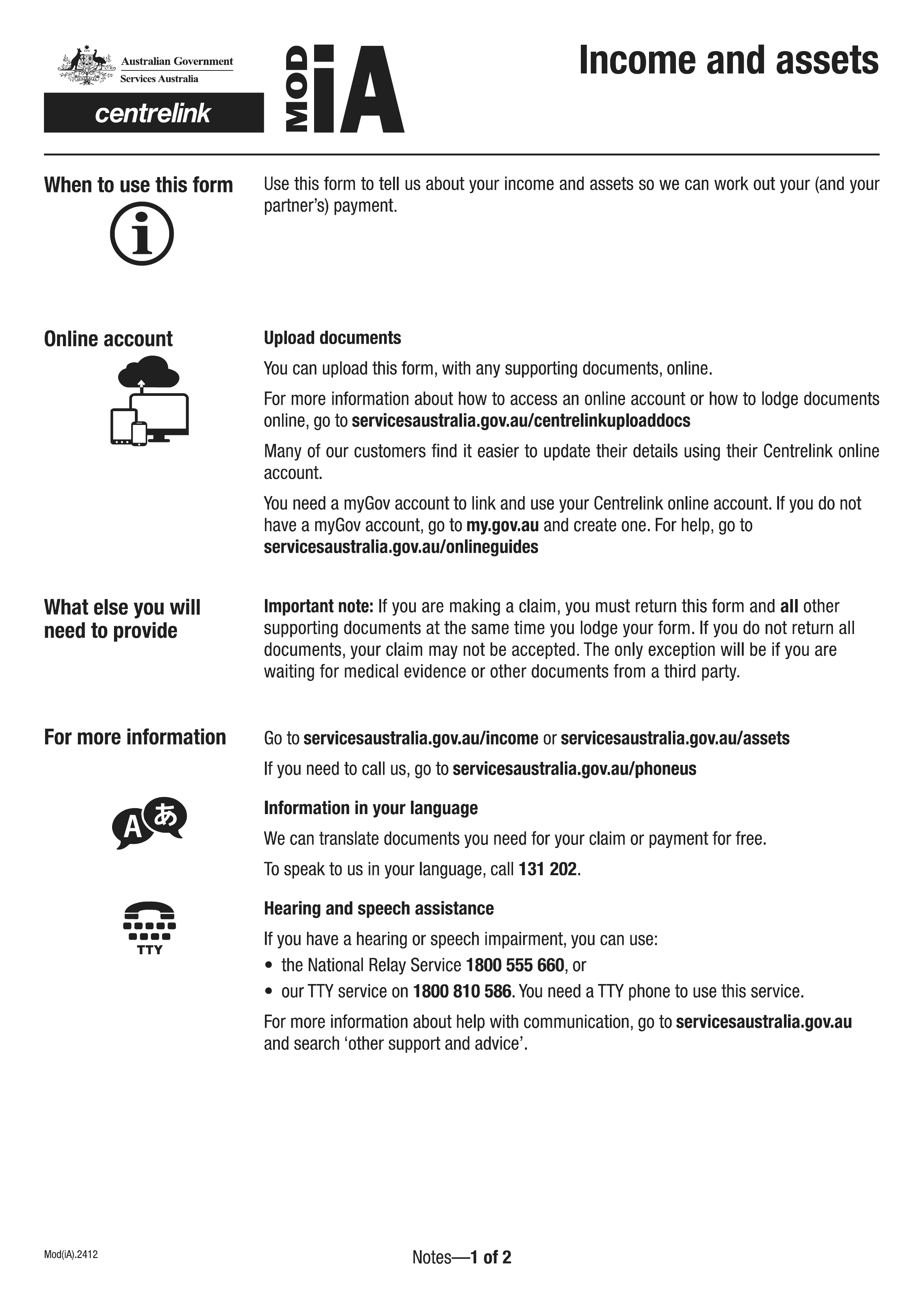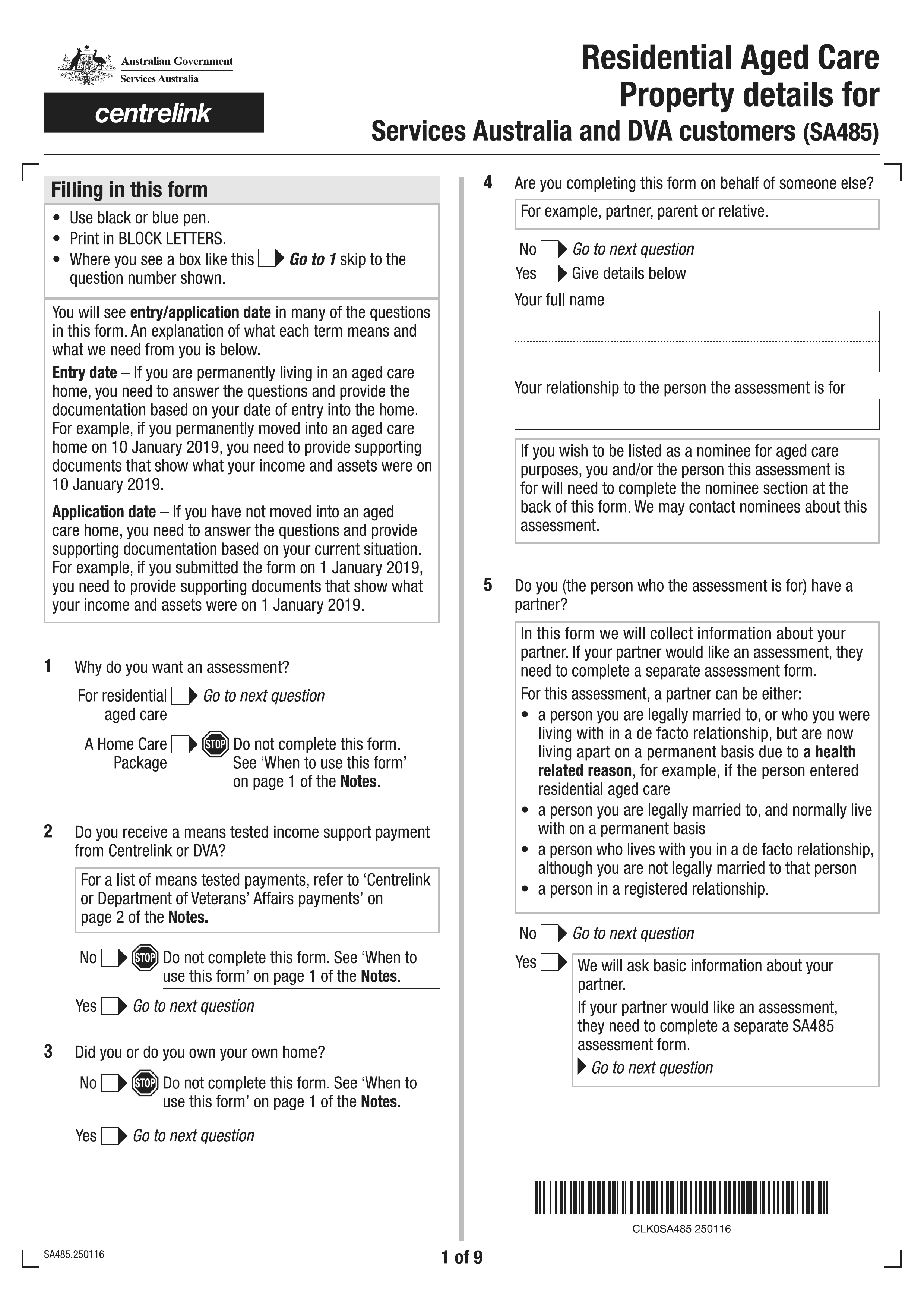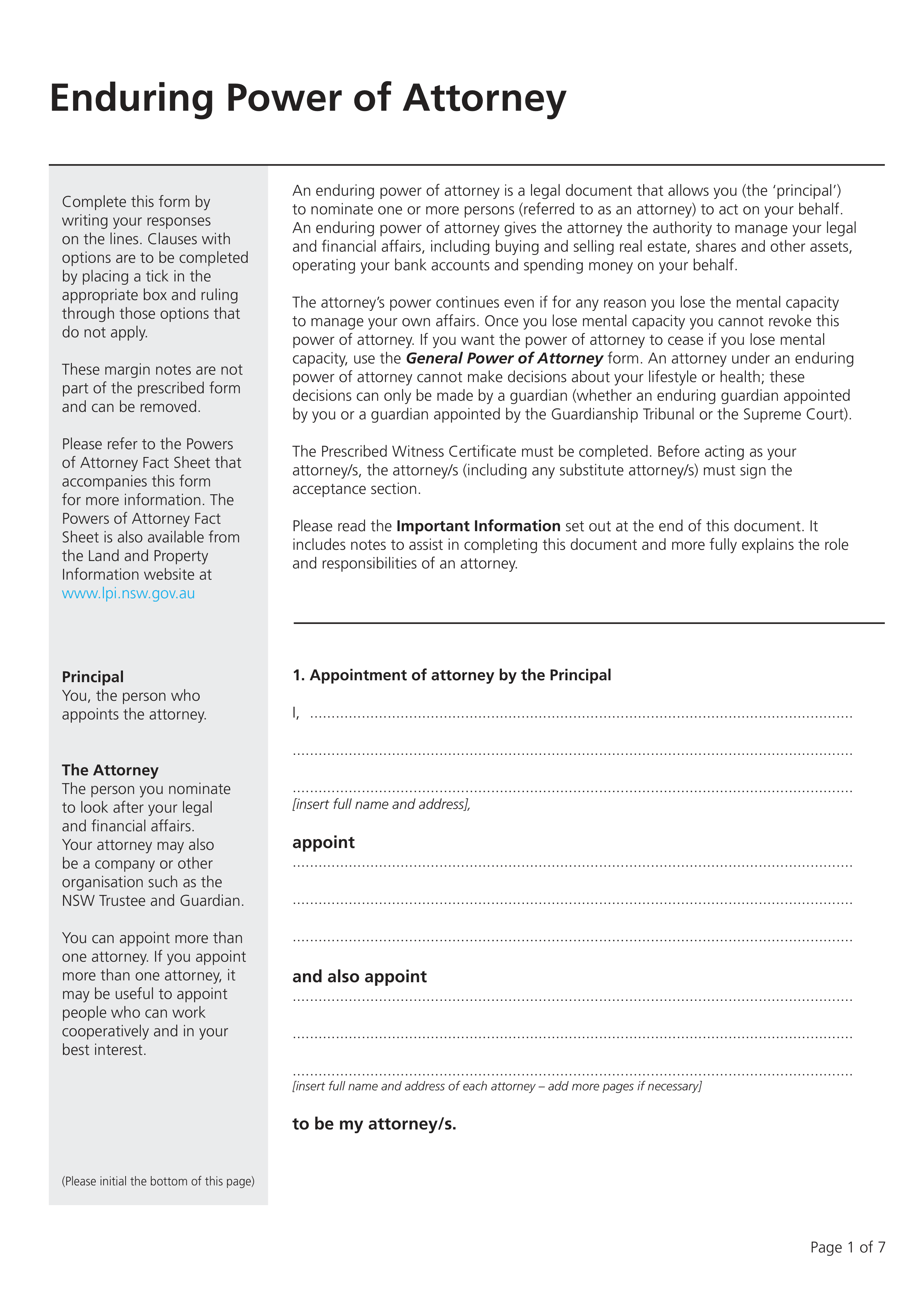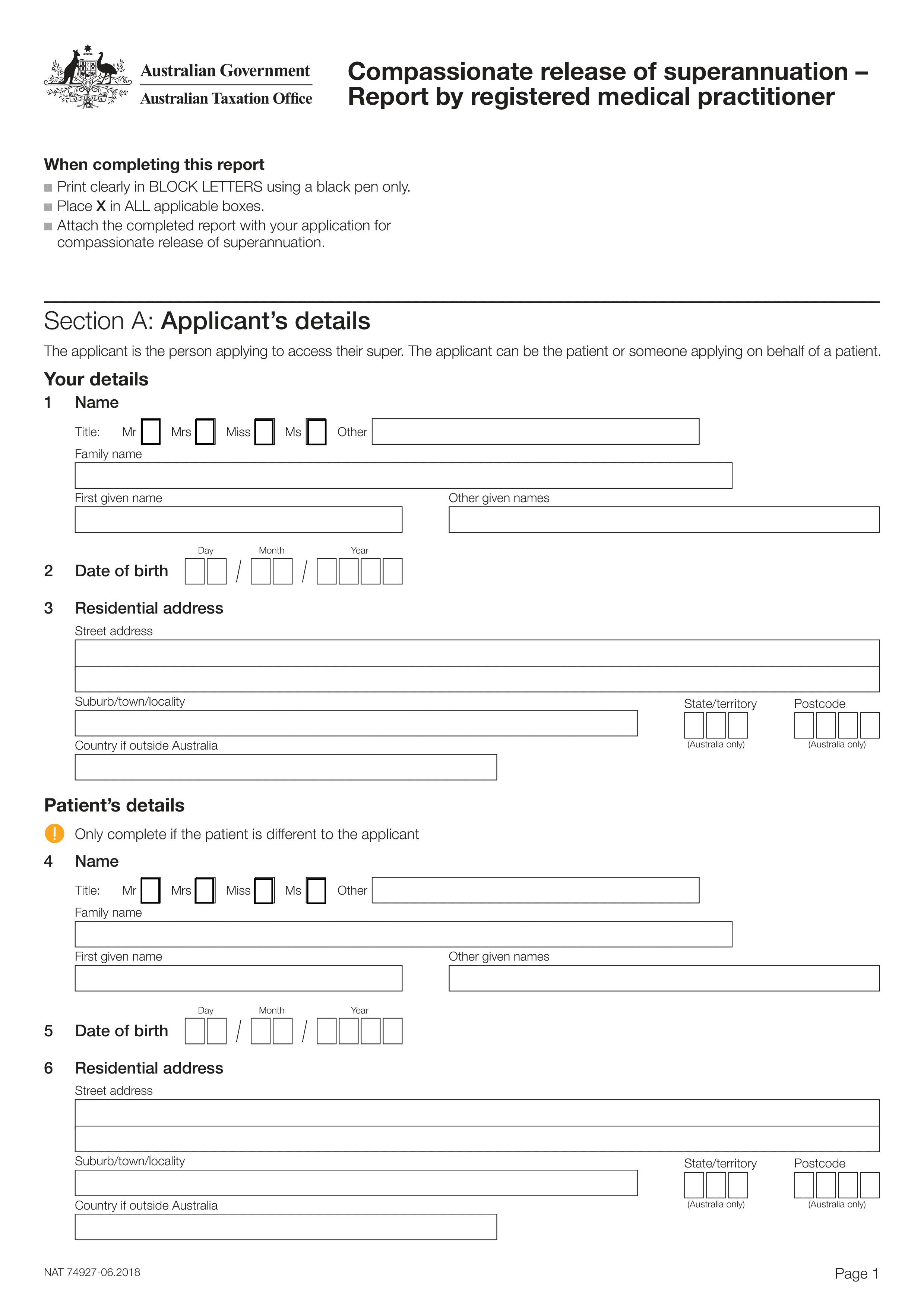What is Power of Attorney Form?
A General (Non-Enduring) Power of Attorney form lets you appoint someone to manage your financial and personal matters for a set time or until you cancel it. This form is crucial as it ensures that a trusted individual can handle important tasks, such as managing bank accounts, paying bills, or making property decisions when you're temporarily unable to do so. It is especially helpful in situations like traveling or during a period of incapacity.
What is Power of Attorney Form used for?
A General (Non-Enduring) Power of Attorney form gives someone the authority to act for you in certain situations. Here’s what it’s used for:
- Temporary Decision-Making: Allows another person to make choices for you for a set time.
- Limited Scope: Lets the appointed person manage your personal and financial matters while you are still able.
- Immediate Action: Takes effect right away but stops if you become unable to make decisions or the time limit runs out.
How to fill out Power of Attorney Form?
- 1
Fill in the principal's details, including name and address.
- 2
Select the designated person's name and address to grant power.
- 3
Ensure the document reflects the principal's intent clearly.
- 4
Add spaces for two adult witnesses to sign in the principal's presence.
- 5
Prepare for acknowledgment by a notary public or witnesses.
Who is required to fill out Power of Attorney Form?
The General (Non-Enduring) Power of Attorney Form is filled out by the principal, who grants power, and the agent, who is appointed to act on their behalf. Witnesses may also be involved depending on state requirements.
After completion, the principal provides copies to the agent and alternative attorneys. The agent relies on the form to manage the principal's financial decisions when needed.
When is Power of Attorney Form not required?
A General (Non-Enduring) Power of Attorney Form isn't required for individuals who are capable of managing their own affairs. If you can handle tasks like cashing government checks or conducting real estate transactions on your own, you don't need this form. It’s mainly for those who cannot manage their affairs due to incapacity.
When is Power of Attorney Form due?
The deadline for the General (Non-Enduring) Power of Attorney form is when the specified date or occasion ends, or when you revoke it. This form is not intended for future planning and ceases to operate if you lose decision-making capacity. You can revoke it anytime as long as you are competent.
How to get a blank Power of Attorney Form?
To get a blank General (Non-Enduring) Power of Attorney Form, visit our website where you will find a pre-loaded version ready for you to fill out. Remember, PDF Guru helps you with filling and downloading, but filing the form is your responsibility.
How to sign Power of Attorney Form?
To sign the General (Non-Enduring) Power of Attorney Form, you generally need to do so in the presence of a notary public. Some states may permit electronic signatures under specific conditions, but this varies by state law and the form's purpose. Always check for the latest updates on your state's requirements. Once you've filled out the form using PDF Guru, download it and complete the signing process as necessary, keeping in mind that PDF Guru does not support submission.
Where to file Power of Attorney Form?
To submit a General (Non-Enduring) Power of Attorney, you can use the IRS Tax Pro Account for online submission of limited tax matters.
Alternatively, you can fax or mail your forms to the IRS using the designated addresses for your location. Always check the latest guidelines for accuracy.







